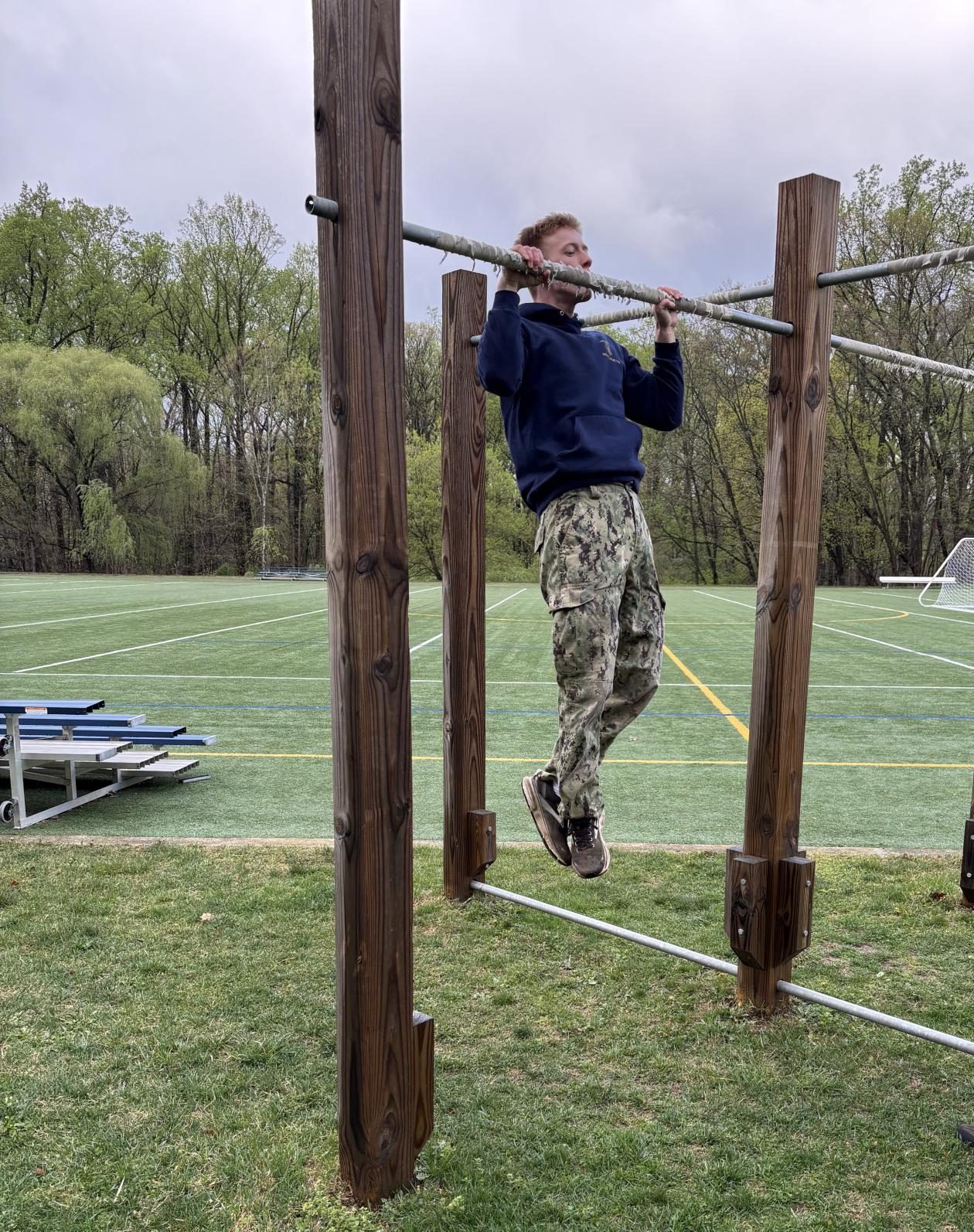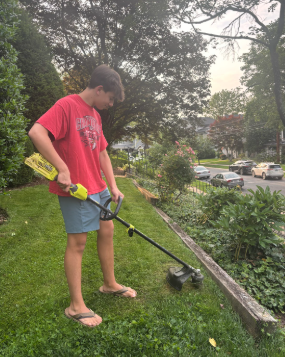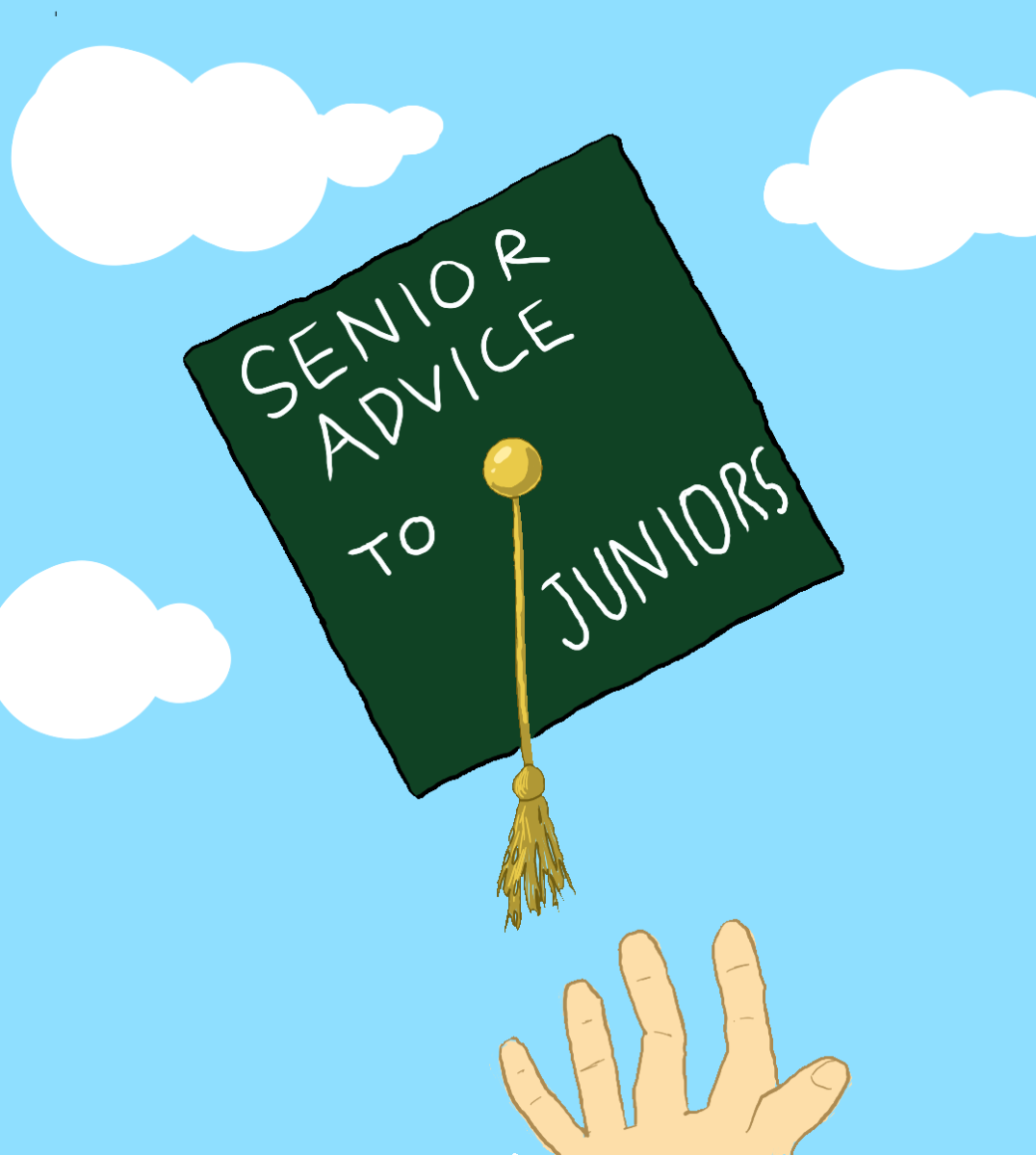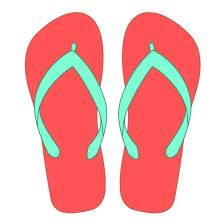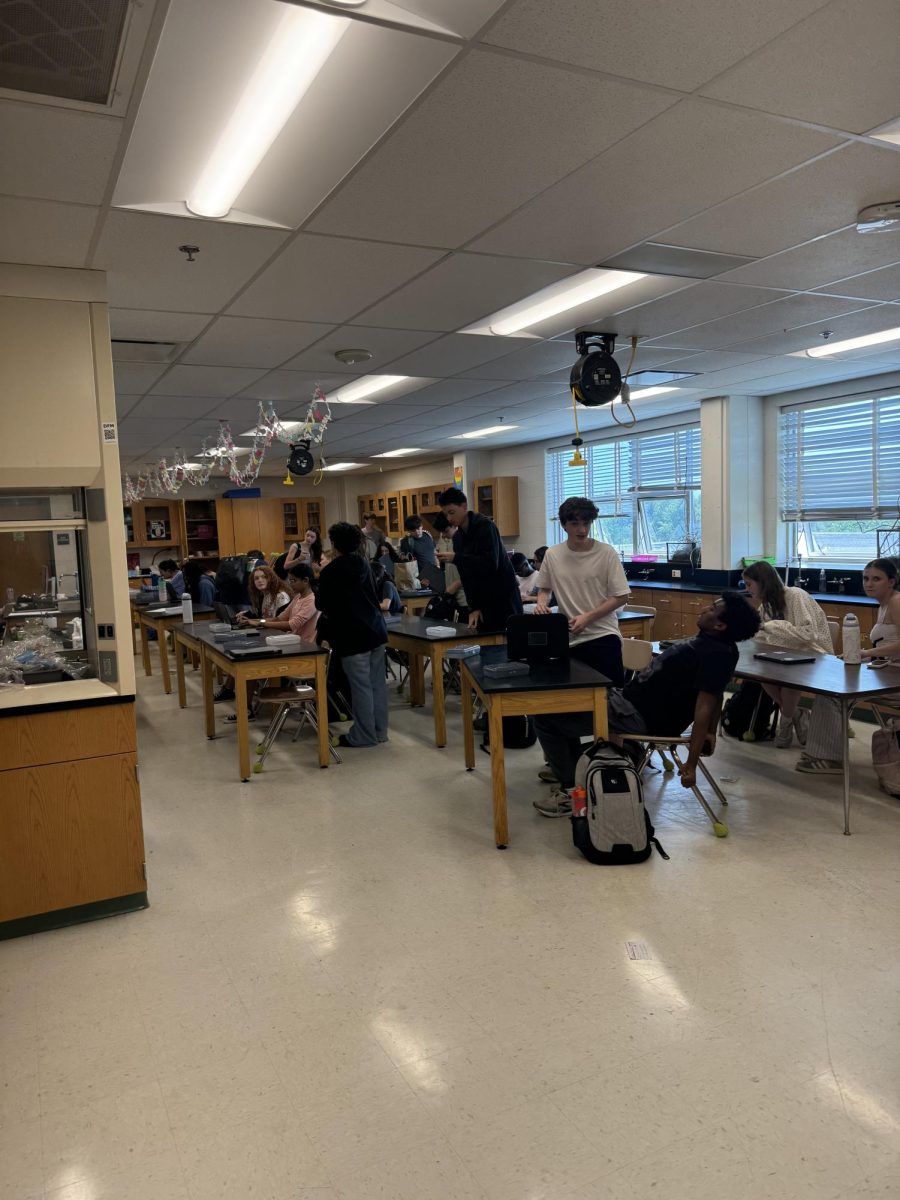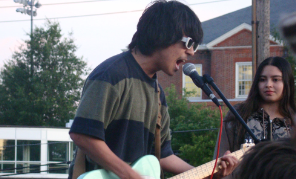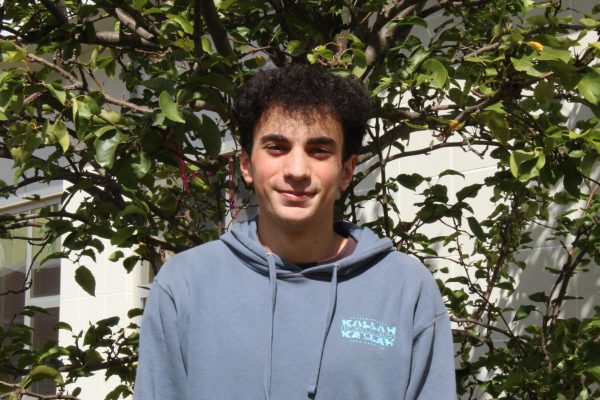For many rising seniors, a typical summer break includes internships, vacations, and going through college applications. Senior Oliver Farrell decided to go in a different direction.
Over his summer break, Farrell attended NSWOC, the Naval Special Warfare Orientation Course. The course is run by Sea Cadets through the Navy League, which is a Congressional non-profit that advocates and educates for the nation’s maritime services. NSWOC is a program that prepares teenagers and young adults for the physical and mental rigor that comes with being in the Navy.
“Everything we do [at NSWOC] is to develop leadership and character and a lot of exposure to maritime service careers,” Farrell said. “Whether that be Marine Corps, Coast Guard, Navy or Marines.”
During the program, Farrell underwent a grueling course in which his limits were tested, through both physical and mental challenges.
An EKG, chest x-ray, blood tests and a physical screener were some of the things Farrell had to undergo in order to be admitted to the program, along with an essay and a letter of recommendation from his commander.
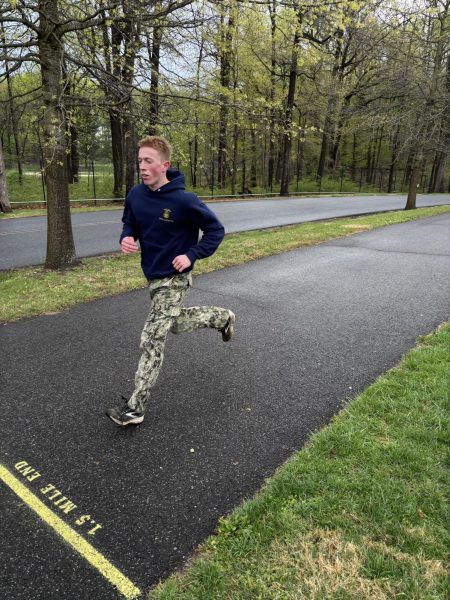
“It was reassuring to know they were taking such thorough steps to ensure everyone was physically prepared, but at the same time, the level of scrutiny definitely gave us pause,” Farrell’s mom said. “It really underscored how serious and intense the program is.”
The program and training culminated in Hell Night. This part of the training is designed to push participants to their absolute limits, similar to what many naval academies do.
“Basically for 28 hours, you’re awake, you’re doing exercises, you’re doing tactical maneuvers,” Farrell said.
Hell Night pushed Farrell to his limits, causing him pain and discomfort, not allowing him to finish the full 10 day program.
“After a while, what happens is because you’re running in and out of the water, and you’re getting all sandy and the uniform rubs up all over your skin, everything gets super raw,” Farrell said. “And then you go into the seawater and it just stings.”
Along with the pain, the physical and mental toll builds up. Although the toll would not let Farrell finish the course, he learned a lot throughout this experience and built crucial skills that will help him in his future.
“It definitely helps in other aspects [of life], it helps you make sure you’re on top of everything, like for school work, and making sure you’re on top of the whole college application process,” Farrell said.
Senior Cyrus Froozan is a close friend of Farrell and has participated in many of the same military programs. With much of the same experience, Froozan is very much aware of the challenge that NSWOC entails.
“It’s like the best of the best,” Froozan said. “You take the top one percent of the most athletic cadets in the program, and you make half of them quit. That’s how hard it is.”
For Farrell, service runs through the family.
“My grandpa and both my uncles were military. I had a bunch of others too, great uncles, great great grandpa, great great uncles…so I’ve been exposed to a lot of it,” Farrell said.
Farrell plans to continue his lineage of service, planning on doing ROTC in college and possibly joining the military after.


